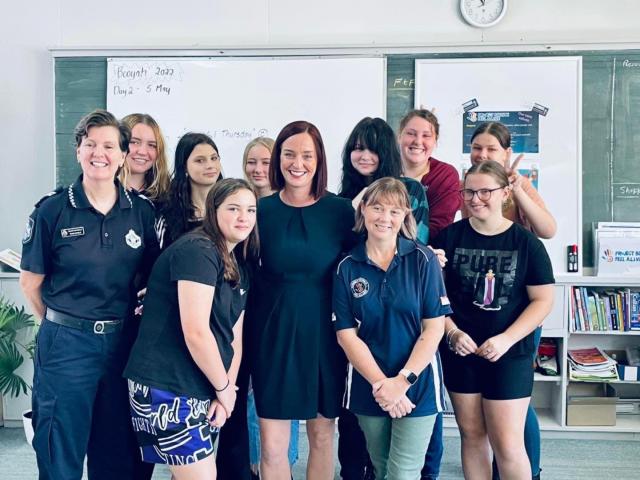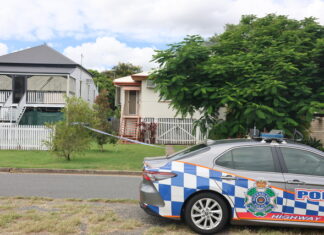Schools alone cannot meet the challenges of student discipline and must have government and public support.
I told a high-level forum last week that this issue is high on the government’s agenda, and the Education Department already invests significant funds to support student behaviour in schools, including:
· $268.2m, which equates to approximately 2032.60 full-time equivalent staff, to provide guidance support, behaviour management and learning support in the 2022 school year;
· $1.53m for Positive Behaviour for Learning (PBL) coordinators for the 2022 calendar year;
· $1.68m in behaviour management grants to regions;
· $0.9m for Positive Learning Centres; and
· $4.7m for Youth Pathways Grants to support youth engagement.
I should make it clear that the vast majority of students in Queensland state schools never experience a suspension or exclusion in their 13 years of education.
For example, in 2021 throughout Queensland only 7.5 per cent of students (42,981) received a suspension or exclusion.
However, we also know that within that cohort who do experience a suspension or exclusion, some student cohorts are significantly over-represented.
This includes First Nations students, students with disability and students in out of home care.
I emphasized to the audience of academics, principals, and politicians at the conference at the Kelvin Grove campus of QUT that there was no simple solution.
We want all students to be in safe, welcoming and supportive learning environments.”
I represented Education Minister Grace Grace at the forum, and assured attendees the Minister had put in place a number of deep cultural and systemic changes.
In Term 1 2023 the department released the Equity and Excellence: realising the potential of every student strategy.
Equity and Excellence is about reducing barriers for all learners to realise every student’s potential.
It is a staged implementation, with a series of system initiatives rolling out in a coordinated and consultative form with four priority areas:
Starting strong: Strengthening protective factors in the early years to improve outcomes and make a positive impact on young people’s lives;
Building on foundations: Consolidating strong foundations for lifelong learning and nurturing confidence of students to thrive in their future schooling years;
On track for success: Recognising changing needs and supporting every student to stay on track with positive transitions from upper primary through junior secondary; and
Ready for the future: Preparing every student for their future and supporting positive transitions from school onto their next steps into further education and employment.
We have to understand that schools alone cannot meet the challenge and must have access to support to remove barriers to attendance and retention for every student.
Some key projects have already commenced, including a new proactive monitoring system to intervene early with students who are receiving multiple suspensions.
School discipline is an area that everyone has opinions on, and those views can occupy very different ends of the spectrum.
One thing we can agree on is that society is changing and with it the demands and pressures on students, families and our school staff.
The more we know, the better we can do.








